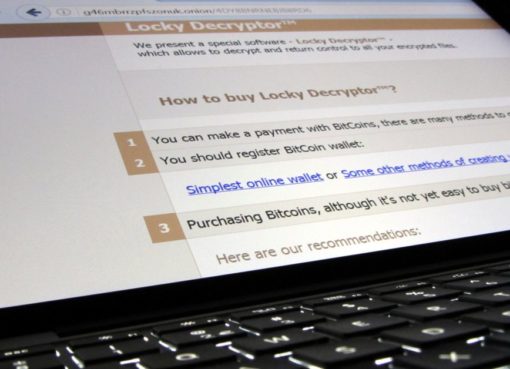A blog from Elizabeth Denham, Information Commissioner
9 March 2021
In a year where the challenges of the pandemic have prompted digital innovation in so many aspects of our lives, it is no surprise that campaigning for the upcoming elections in England, Scotland and Wales will be a little different.
Electoral Commission data has already shown a rapid acceleration in the use of digital political advertising over the past five years. The limitations on traditional door-to-door canvassing and static advertising due to the pandemic will make technological approaches even more essential this time around.
There are clear benefits to society from a hybrid online/offline approach to campaigning, creating opportunities for campaigners and the electorate. It allows political parties to keep in touch with people efficiently, promotes more informed voting decisions, and facilitates better engagement with hard to reach groups. All of this contributes to the potential for increased engagement in democratic processes.
The ICO has a role where people’s information is being used to support campaigning, for instance around profiling voters for targeted digital advertising.
It is in everyone’s interest that where new techniques are used, there is a consistent application of data protection standards. By following processes built on trust and transparency, campaigners can comply with the law in a way that maintains public support. In this way, campaigners can maximise the societal benefits of greater democratic engagement that digital campaigning confers; and voters can have confidence that they are engaging in a process that is transparent and safeguards their right to know how their personal information is being used.
Today, we’ve published our guidance on the use of personal data in political campaigning to support campaigners through the upcoming elections and beyond.
The guidance has been updated to reflect the UK GDPR, the data protection law now the UK has left the EU. It takes into account the use of personal data in modern campaigning practices. This will help ensure that election campaigns relying on digital techniques to engage with voters are conducted transparently and lawfully.
The new guidance covers the full lifecycle of a campaign; from collecting and processing personal data of the electorate to using targeted messages during a campaign, to what to do with that data once a campaign is concluded. It includes useful examples on ways campaigners can carry out common political campaigning activities whilst complying with their obligations under data protection law. It also gives specific advice on complex areas such as the processing of sensitive categories of data that need special protection, for example data that relates to racial or ethnic origin, health or political opinions.
The guidance is the latest step in our ongoing work to support transparent and lawful digital democracy. Our investigation into the ecosystem of digital campaigning gave us a clear picture of how central the collection and use of data was to parties and campaigners. And our audits of seven political parties gave us even greater insight. This work has informed the drafting of our guidance published today.
I will be writing to the political parties and other campaigners to draw attention to the updated guidance. Adherence to the guidance in the upcoming election campaigns is the best way to achieve compliance with the law. My experience has been that parties want to get this right: the value of digital engagement, supported by public trust, is clear for all to see.
 |
Elizabeth Denham was appointed UK Information Commissioner on 15 July 2016, having previously held the position of Information and Privacy Commissioner for British Columbia, Canada. |




